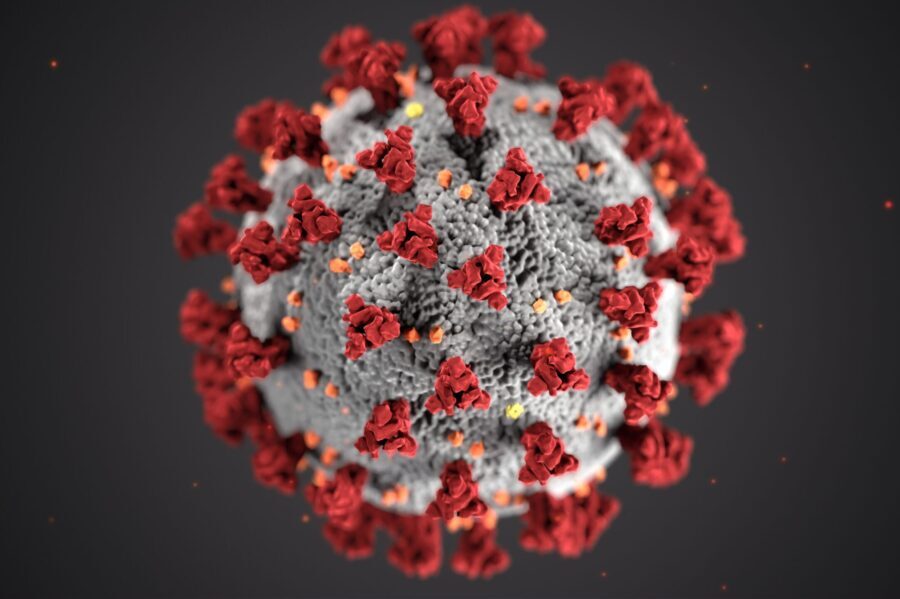Long COVID Affects Your Mental Health, Too
For most people, it feels as though the COVID pandemic is behind us. That’s not true about 1 in 10 people who’ve contracted COVID and continue to suffer from physical and mental health symptoms.
The U.S. Department of Health & Human Services (HHS) issued an advisory this week concerning mental health symptoms and conditions linked to long COVID, ABC News reports.
Long COVID is a condition where people who recover from the virus continue to experience ongoing symptoms for three months or longer, including cough, headache, fatigue, disrupted sleep, and “brain fog” or cognitive impairment. Symptoms can continue for over a year.
The HHS reports that about 10% of all people who have previously contracted COVID-19 have experienced at least one long-COVID symptom.
As the months of physical symptoms drag on, long COVID “can take a toll on a person’s mental health,” HHS Secretary Xavier Becerra said in a statement. Mental health conditions linked to COVID include anxiety, depression, psychosis, obsessive-compulsive disorder, and post-traumatic stress disorder.
Research has shown that social isolation, which accompanied the pandemic’s school closures and stay-at-home orders, increases the risk of anxiety, depression, and loneliness.
The advisory is “part of a government-wide response that continues to research long COVID and provide supports and services to those in need,” says Admiral Rachel Levine, assistant secretary for Health. HHS encourages people who are experiencing symptoms of long COVID to monitor their mental health and reach out for support, if needed.
Read the full article here.
Read the Substance Abuse and Mental Health Services Administration (SAMHSA) advisory here.
Kekatos, Mary. “HHS issues advisory on mental health symptoms linked to long COVID.” ABCNews.com, 21 Jun 2023, https://abcnews.go.com/Health/hhs-issues-advisory-mental-health-symptoms-linked-long-covid/story?id=100273709.



